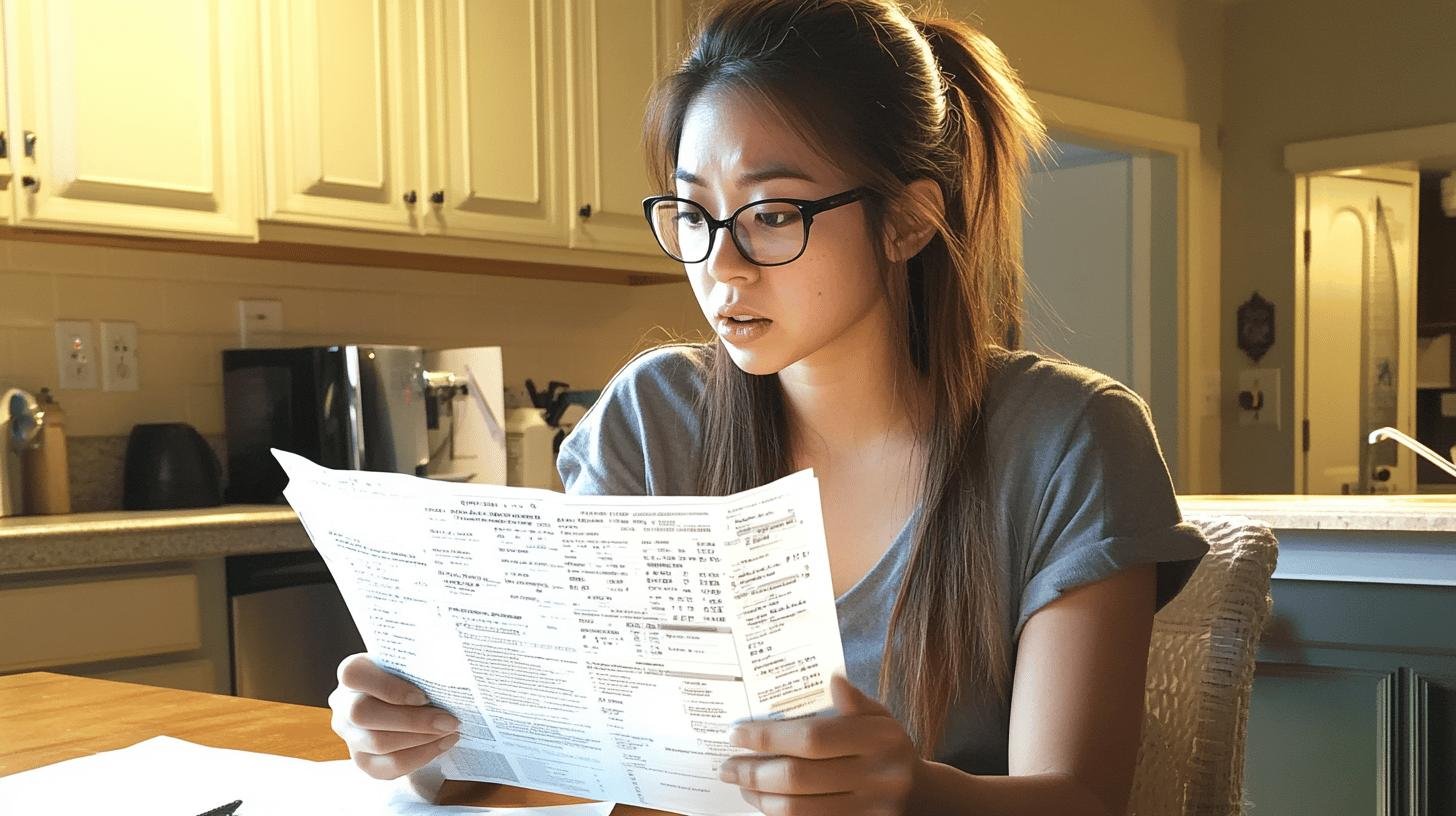TL;DR:
-
Unfair Medical Billing Practices:
- Upcoding: Charging more than provided.
- Undercoding: Missing services billed, causing underpayment.
- Unbundling: Separate charges for combined procedures.
- Double Billing: Charging the same service multiple times.
- Phantom Charges: Billing for services never received.
- Corruption: Unethical billing practices harm trust.
-
How to Report:
- Contact healthcare providers for errors.
- File complaints with insurance companies.
- Reach out to consumer protection agencies.
-
Legal Protections:
-
No Surprises Act prevents unexpected charges.
-
Right to an itemized bill and to dispute charges.
- Direct Primary Care: Offers transparent pricing and avoids insurance-related billing issues.
Have you ever opened a medical bill and wondered if you needed a finance degree to understand it? You’re not alone! Unfair medical billing practices have become a glaring issue, leaving many of us feeling lost and overwhelmed. From sneaky charges to mysterious codes, these tactics can drain your wallet before you even know what hit you. But fear not! Understanding these billing traps isn’t just about dodging errors; it’s about taking charge of your financial health. Let’s explore how to spot these practices, protect your hard-earned bucks, and ensure you get the care you deserve without the hidden costs.
Understanding Unfair Medical Billing Practices
Unfair medical billing inflates healthcare costs and disrupts your finances. Often, these practices go unnoticed, leading to unnecessarily high bills. Tactics include using wrong billing codes or charging for services never provided. Knowing these strategies can help you protect your money.
Here’s a quick look at common unfair billing practices:
-
Upcoding: Using billing codes for more expensive procedures than were done. It’s like getting a bill for a steak when you had a salad.
-
Undercoding: Failing to bill for all services provided. It can cause underpayment by insurance, making patients pay more.
-
Unbundling: Billing separately for procedures that should be combined, increasing costs. It’s like being charged for each sandwich ingredient separately.
-
Double Billing: Charging the same bill more than once, unfairly inflating expenses.
-
Phantom Charges: As if billed for a ghost doctor’s visit, charges for services were never received.
-
Corruption: Involves unethical billing practices, harming trust in the system.
These practices often inflate medical bills, causing confusion and financial stress. Patients may end up paying more out-of-pocket or facing disputes with their insurance. Being aware is the best defense against unfair practices.
Identifying and Reporting Unethical Billing Practices

Spotting unethical billing is tricky but crucial to keep your finances safe. First, always ask for an itemized bill. This way, you’ll see each charge and spot any errors. Doctors should follow billing rules, but sometimes they don’t. They have to report unethical practices, but mistakes happen. As a patient, staying alert is key. Watch your bills and ask for corrections if something seems off.
Steps for Reporting Unethical Billing
-
Contact Healthcare Providers: Start by talking to your healthcare provider. Often, a simple chat can fix errors.
-
File Complaints with Insurance Companies: Contact your insurance company if that doesn’t work. They also want to resolve billing issues.
-
Reach Out to Consumer Protection Agencies: These agencies help mediate disputes and ensure fair treatment if needed.
Being vigilant helps prevent billing fraud. Stay informed to avoid unauthorized charges. Remember, you’re your best advocate. Ask questions and demand transparency.
Legal Rights and Protections in Billing Disputes
The No Surprises Act protects you from unexpected out-of-network charges. It’s meant to keep you safe from large bills when you unknowingly receive care from out-of-network providers, especially in emergencies. Think of it as your safety net in the chaotic world of healthcare billing.
Here’s what protects you legally:
-
No Surprises Act: Prevents surprise out-of-network charges, especially in emergencies.
-
Right to an Itemized Bill: Always ask for detailed charge breakdowns to ensure accuracy.
-
Fair Billing Practices: Ensures billing codes correctly reflect provided services.
-
Right to Dispute Charges: You can formally challenge errors or unfair charges.
-
Consumer Protection Laws: State-specific laws provide additional protection.
If unfair charges persist, consider legal action. Insurance companies might side with providers, complicating error resolution. If all else fails, small claims court can be a good option. It’s informal and doesn’t require a lawyer. Stay persistent and fight for fair healthcare costs.
Steps to Dispute Unfair Medical Bills

Finding errors on your bill can be tricky, but here’s a guide to handle it. First, compare your bill with your insurance’s explanation of benefits (EOB) to find discrepancies. If something’s off, contact your healthcare provider’s billing department. A quick chat might lead to a quick correction.
If the conversation doesn’t resolve the issue, go further. File a formal dispute with your insurance. It’s like writing an official letter with all the details: dates, services, and incorrect billing. Persistence and information can break through.
Call reinforcements like state insurance regulators and consumer protection agencies if needed. They’re your allies, ready to mediate for you. The Patient Advocate Foundation is another resource to help negotiate tricky bills.
Here’s a handy table to guide your dispute process:
| Step | Action | Contact |
|——|——–|———|
| 1 | Review bill and EOB for errors | Yourself |
| 2 | Contact provider’s billing department | Healthcare Provider |
| 3 | File formal dispute with insurer | Insurance Company |
| 4 | Contact state regulators | State Insurance Regulators |
| 5 | Involve consumer protection agencies | Consumer Protection Agencies |
These steps can save money and protect against unfair charges. You’ve got this!
The Role of Direct Primary Care in Preventing Billing Issues
Direct Primary Care (DPC) is your personal healthcare superhero, offering transparent pricing. It avoids fraudulent billing by eliminating insurance companies and using a flat-rate fee. No hidden charges or surprise bills. With DPC, you and your doctor work together, focusing on health without complicated billing codes.
Additional perks of Direct Primary Care include:
-
Transparent Pricing: Know exactly what you’re paying.
-
Unlimited Visits: No counting appointments with your doctor.
-
Personalized Care: More doctor time for better advice.
Patient advocates are also crucial in addressing billing issues. Like billing bodyguards, they help ensure accuracy and fairness. In disputes, they’re ready to support you, ensuring you don’t pay for others’ mistakes.
Final Words
Diving into unfair medical billing practices unveiled quite a maze. From upcoding to phantom charges, these sneaky tactics can really hurt your wallet.
Spotting and reporting unethical billing is crucial. An itemized bill is your best friend here. Stand your ground and be vigilant!
Your legal rights are on your side with protections like the No Surprises Act. Small claims court might be the way to go if the going gets tough. You’re not alone in this battle.
Direct Primary Care steps in as a game-changer, offering clear pricing and peace of mind. Embrace this approach and keep unfair charges at bay!
FAQ
How do you report unethical medical billing practices?
Reporting unethical billing involves understanding your rights and taking action. It’s crucial to contact healthcare providers, file insurance complaints, and contact consumer protection agencies for help.
What are unfair medical billing practices examples?
Unfair billing includes upcoding (charging for more expensive services), undercoding (incomplete service billing), unbundling (splitting charges), double billing, phantom charges, and corruption.
What can you do about unethical medical billing practices?
If you suspect unethical billing, request an itemized bill, review charges carefully, and dispute any inaccuracies. Reporting these to state boards or medical societies can prevent future issues.
How to dispute medical bills with insurance?
Start by reviewing the bill and your insurance explanation of benefits. If the billing is uneven, contact the provider’s billing department. If the issue remains unresolved, file a formal dispute with your insurance company.
What are unacceptable billing practices?
Improper practices include charging for services not rendered, duplicating bills, and coding errors resulting in higher patient charges.
What would be two deceptive unethical billing practices as a biller coder?
Upcoding and phantom billing are deceptive practices. Upcoding involves charging for more expensive services, while phantom billing charges for services never provided.
How do you argue down medical bills?
Arguing down bills starts with checking for errors and negotiating with providers. If needed, state insurance regulators or consumer protection agencies can assist in resolving disputes.

